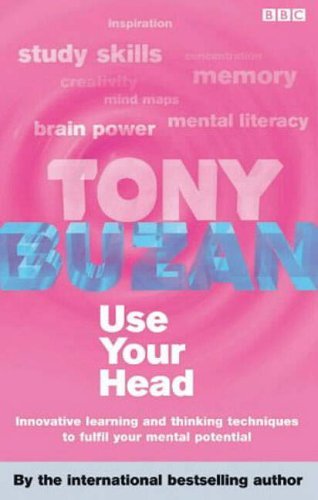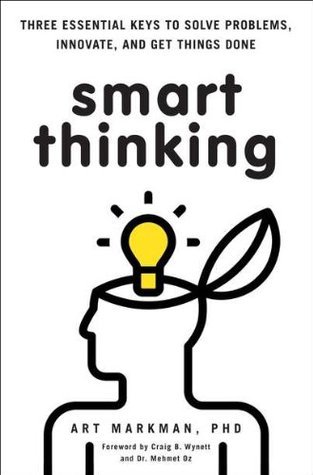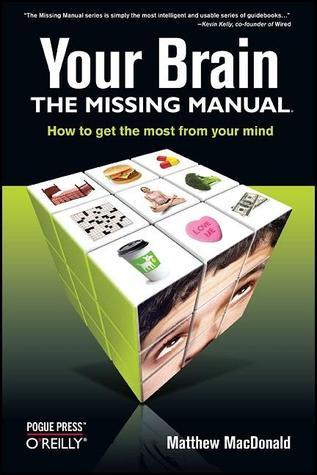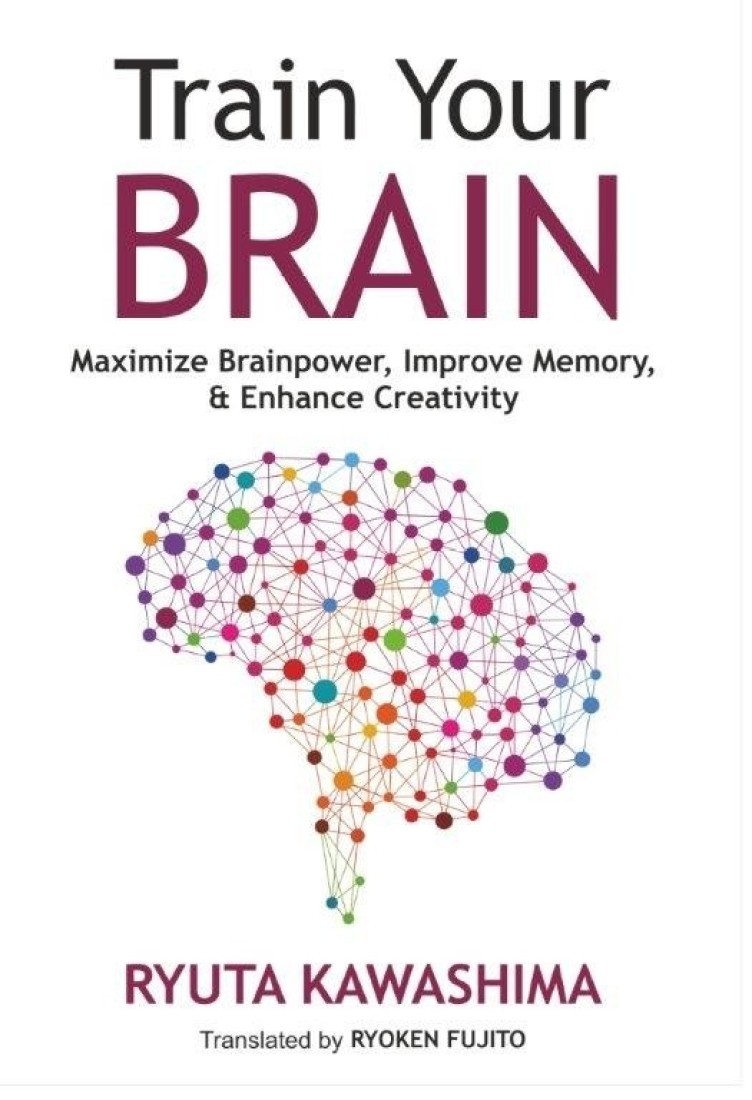
Brain Rules: 12 Principles for Surviving and Thriving at Work, Home, and School
Book Description
Unlock the secrets of the human brain and revolutionize your life! "Brain Rules" reveals 12 powerful principles that illuminate how our minds work and how we can harness this knowledge to excel at work, home, and school. Each principle is a compelling revelation, driving home how our understanding of brain function can optimize everything from productivity to creativity. With riveting insights and practical strategies, this book ignites a transformative journey to enhance learning, performance, and relationships. Ready to unleash your brain's full potential and thrive in any environment? What if the key to your success lies hidden in the depths of your own mind?
Quick Book Summary
"Brain Rules" by John Medina distills complex neuroscience into 12 actionable principles that explain how the human brain works and how to optimize its performance at work, home, and school. Medina explores how factors like sleep, stress, exercise, and attention profoundly affect our cognitive abilities, memory, and learning. He uses engaging stories and research to show why multitasking is a myth, why physical activity enhances brain power, and why repetition and emotional connection are vital for memory. Each chapter offers practical advice rooted in science, aiming to help readers transform daily habits for better productivity, learning, and relationships. By understanding and applying these brain rules, anyone can unlock hidden potential and thrive in various aspects of life.
Summary of Key Ideas
Table of Contents
Exercise Fuels Cognitive Performance
Exercise plays a critical role in maintaining brain health and improving cognitive function. Medina emphasizes that physical activity boosts oxygen flow to the brain, stimulating the growth of new brain cells and enhancing problem-solving and creativity. In a sedentary modern world, incorporating regular movement can profoundly impact productivity and mental performance both at work and in educational environments. This link between body and mind serves as the foundation for many of the other principles Medina explores in the book.
Sleep, Stress, and the Brain
Sleep and stress management are crucial for optimal brain operation. Chronic sleep deprivation impairs learning, attention, and memory consolidation, while persistent stress can physically damage brain cells—especially those in the regions responsible for learning and memory. Sleep allows the brain to process and store new information, making it essential for both students and professionals seeking to retain and apply new skills. Similarly, learning to mitigate stress through mindfulness or environment changes helps preserve brain function over time.
Attention and Memory Enhancement
Attention is a limited resource, and the brain can only focus on one complex task at a time. Multitasking is debunked as a productivity myth, with Medina explaining that switching tasks leads to lost efficiency and more mistakes. Capturing and holding attention requires novelty and emotional engagement, which is why stories and surprises are effective teaching and communication tools. Structuring information into meaningful, emotionally resonant chunks can transform meetings, lessons, and presentations.
The Importance of Emotions and Social Connection
Memory relies on repetition and meaning, not rote memorization. The brain constructs knowledge from repeated encounters and emotional significance, which is why storytelling, association, and visual imagery enhance retention. Medina demonstrates that the timing of repetition—spacing out reviews over time—solidifies long-term memory, making it critical in both education and professional development. Deliberately designing learning experiences around these principles can dramatically improve outcomes.
Human brains are wired for connection, and social interaction shapes cognitive development and well-being. Emotions influence what we pay attention to and remember, and social environments intensify these effects. Positive relationships at home, work, or school promote creativity, resilience, and effective collaboration. Recognizing the importance of empathy, communication, and emotional safety in group settings can transform teams and learning communities, enabling flourishing on both an individual and collective level.
Download This Summary
Get a free PDF of this summary instantly — no email required.





